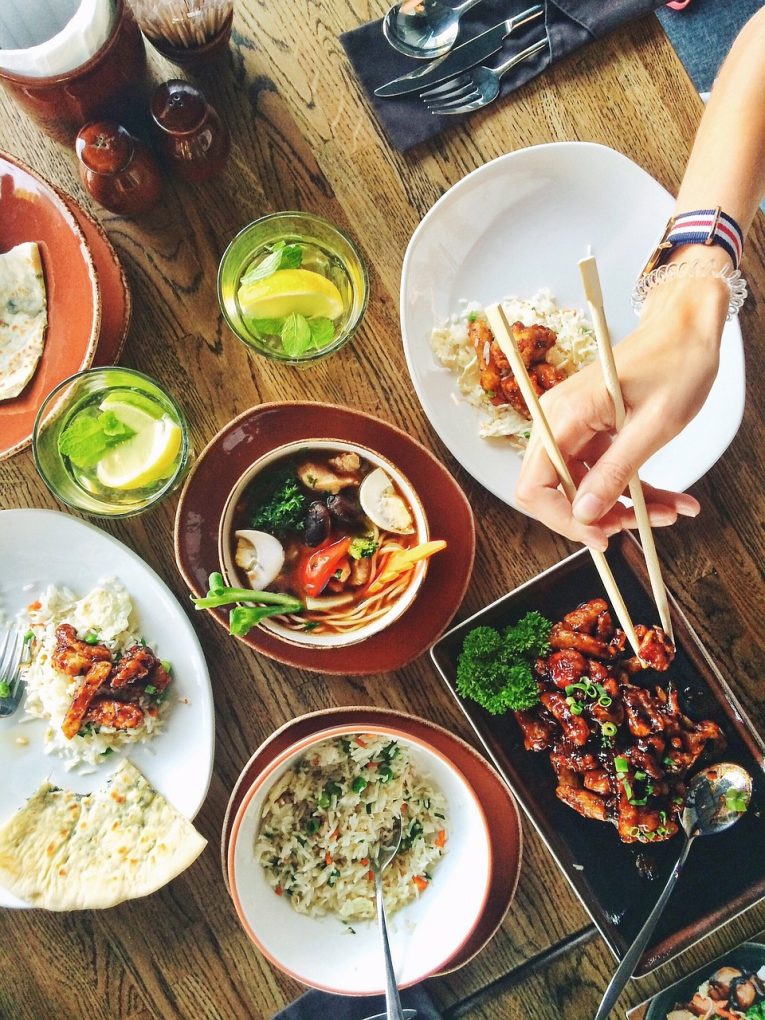
Leftovers are a great way to extend the life of a meal. Whether you are cooking for a few or for many, having some leftovers on hand can save you time and money. But have you ever wondered how long can you keep leftovers in the refrigerator?
In this article, we’ll answer that question and shed some light on the basics of food safety. We’ll also discuss the best ways to store leftovers and provide some helpful tips and tricks for keeping them fresh and safe. So, let’s get started!
What Is the Shelf Life of Leftovers?
The shelf life of leftovers depends on several factors, such as the type of food, how it was stored, and the temperature of the refrigerator. Generally speaking, most cooked food can be kept in the refrigerator for up to four days. After that, the food should be discarded.
When it comes to raw foods, it is best to consume them within two days. If the food has been sitting out at room temperature for more than two hours, it should be thrown out. This is because bacteria will start to grow on the food after that time.
Does Freezing Leftovers Increase Their Shelf Life?
The short answer is yes, freezing leftovers can increase their shelf life. Foods that have been frozen can be kept in the freezer for two to three months. When freezing leftovers, it is important to use an airtight container to prevent freezer burn.
It is also important to cool cooked food quickly before storing it in the refrigerator or freezer. This will help to prevent the growth of bacteria. Once it has cooled, the food should be placed in an airtight container and stored in the refrigerator or freezer.
How Can You Tell If Leftovers Are Safe to Eat?
The best way to determine if leftovers are safe to eat is to check the temperature of the food. Cooked food should be stored in the refrigerator at a temperature of 40°F or lower. If the food is any warmer than that, it should be discarded.
When reheating leftovers, the food should reach an internal temperature of 165°F. This will kill any bacteria that may be present.
It is also important to use your senses to determine if the food is safe to eat. If the food has a strange smell, discoloration, or an off-taste, it should be discarded.
Best Practices for Storing Leftovers
There are several best practices for storing leftovers to ensure they stay fresh and safe to eat.
First, it is important to cool cooked food quickly before storing it in the refrigerator or freezer. This will help to prevent the growth of bacteria. Once it has cooled, the food should be placed in an airtight container and stored in the refrigerator or freezer.
It is also important to use shallow containers for storing leftovers. This will help them to cool quickly and prevent bacterial growth.
Finally, it is important to label leftovers with the date they were made. This will help you to keep track of how long the food has been stored.
Tips for Making the Most of Leftovers
There are several tips and tricks for making the most of leftovers.
First, it is important to plan ahead when cooking. This will help to ensure that you are not making more food than you need.
Second, it is important to freeze food in individual portions. This will make it easier to thaw and reheat leftovers in the future.
Finally, it is important to use creative recipes to incorporate leftovers into new dishes. This will help to make mealtime more exciting and prevent food waste.
Conclusion
Leftovers can be a great way to extend the life of a meal. However, it is important to understand the shelf life of leftovers and store them properly to ensure they remain safe to eat. By following the tips and tricks outlined in this article, you can rest assured that your leftovers will stay fresh and safe for a longer period of time.
